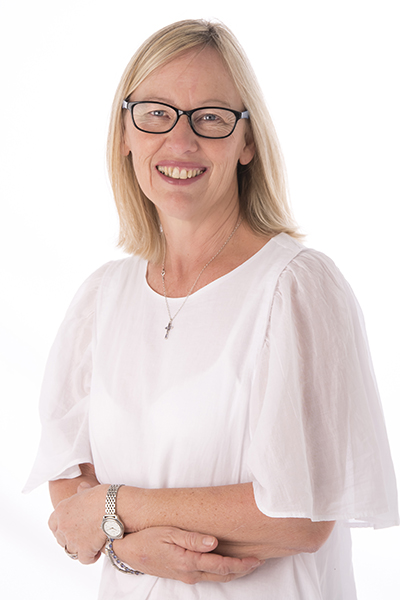Latest News Archive
Please select Category, Year, and then Month to display items
12 January 2024
|
Story Nonsindiswe Qwabe
|
Photo Sonia Small
 Since joining the UFS in 2008, Dr Grey Magaiza has worked extensively on approaches that can foster the socio-economic transformation of societies.
Since joining the UFS in 2008, Dr Grey Magaiza has worked extensively on approaches that can foster the socio-economic transformation of societies.
“The future should be one where communities can decide on their development agenda and futures. That’s the most important for me.” Dr Grey Magaiza, Deputy Director of the Centre for Gender and Africa Studies (CGAS) and Head of the Community Development programme on the Qwaqwa Campus, is passionate about capacitating communities to be agents of change and advancement. His vision for the future emphasises the empowerment of communities to take charge of their development by actively participating in decision making and the implementation of development projects that can improve their lives.
Since joining the UFS in 2008, Dr Magaiza has worked extensively on approaches that can foster the socio-economic transformation of societies. Over the years, he has crafted his research speciality into one that he is most proud of – being an interdisciplinary scientist immersed in the development of communities.
“I’m in a fortunate position of researching what I like. I say ‘fortunate’, because I’ve taken the time to understand what I’m passionate about, which is the overall field of rural livelihoods and livelihood futures – in short, community development. My research starts from an engaged university, understanding the elements that a university must use to enhance transformation and relevance to its immediate community in terms of development.”
One of the ways he has done this is by looking at social entrepreneurship as a development approach for young people in a rural setting. Through workshops with non-profit and civic organisations in Qwaqwa, Dr Magaiza has been helping these organisations to map out their needs and actively meet them through the involvement and support of external role players.
“We understand that communities are part of the national development agenda, but even that national agenda respects community knowledge and intentions and allows communities to shape their identity. A critical enabler of this is community organising. You bring back the capacity in communities to have dialogues on issues affecting them as spaces for engagement, knowledge exchange, and for people to just talk about their way forward.”
By enabling communities to define their development agenda, they can address their specific needs, challenges, and aspirations, he said. “When I look at livelihood futures, it’s quite an exciting aspect of my work – it’s like looking into a fortune tellers’ globe, because you’re not deciding for communities what they should do, but the communities themselves take those decisions.”
UFS Expert: Prof Felicity Burt investigates zoonotic and arboviruses
2017-12-13

Prof Felicity Burt recently received a B-rating from the
National Research
Foundation.
Photo: Sonia Small
Prof Felicity Burt is from the Division of Virology in the Faculty of Health Sciences at the University of the Free State (UFS), as well as the National Health Laboratory Services (NHLS). She currently holds an NRF-DST South African Research Chair in vector-borne and zoonotic diseases. Professor Burt and her research group investigate arboviruses and zoonotic viruses.
Prof Burt’s research primarily focuses on host immune responses to arboviral infections specifically characterising humoral and cellular immune responses in patients with infections such as Crimean-Congo haemorrhagic fever (CCHF) virus and Sindbis virus; epitope discovery for development of diagnostic tools; development of molecular and serological assays for surveillance purposes; virus discovery; and the development of vaccines.
Raising awareness of these viruses, defining associated diseases, and developing tools for surveillance programmes will contribute to understanding these pathogens as well as the public health implications.
Leads research group in papilloma viruses
Arboviruses cause outbreaks of disease in South Africa annually. Outbreaks are usually associated with heavy rainfall favouring the breeding of mosquitos, but these viruses also have the capacity to spread and become endemic in new areas where competent vectors are present.
In addition, she is leading a research group that investigates human papilloma viruses (HPV) associated with head and neck cancers and recurrent laryngeal papilloma.
The focus of this research group is to ascertain the genotypes of HPV causing these diseases, identification of novel biomarkers for early detection, and complete genome sequencing for molecular characterisation of HPV isolates.